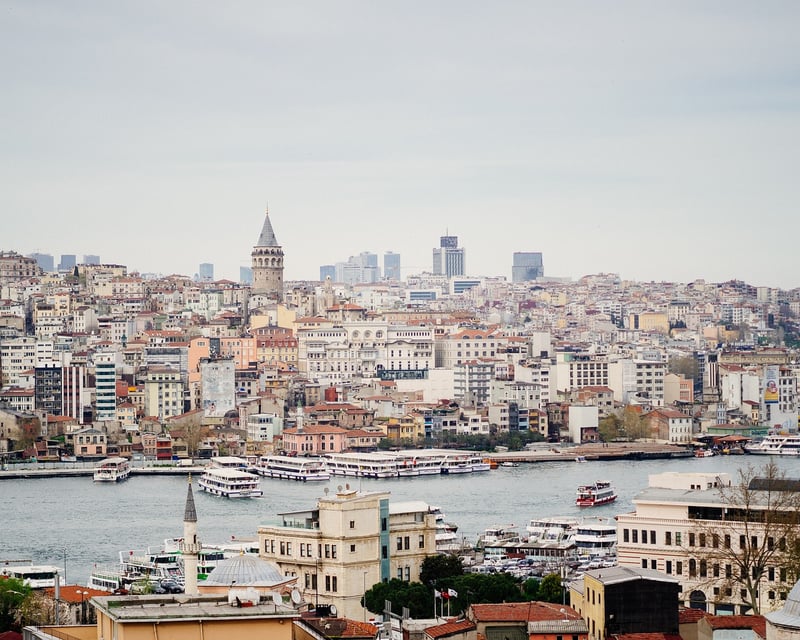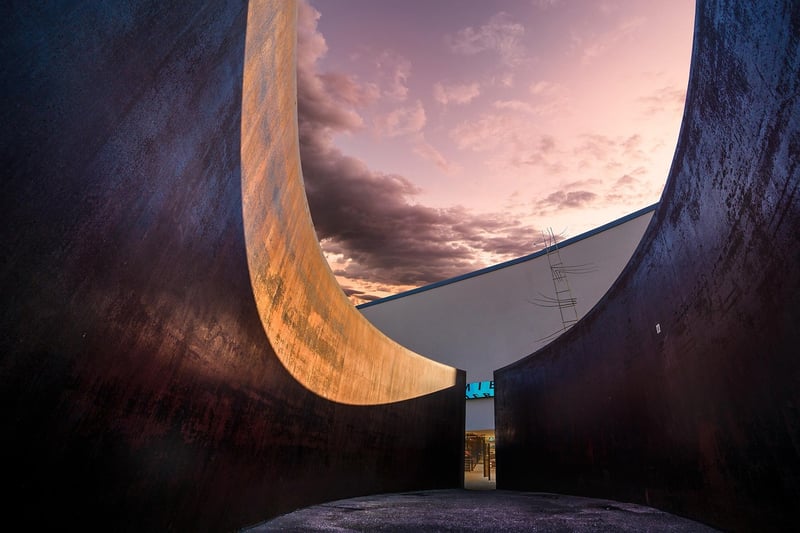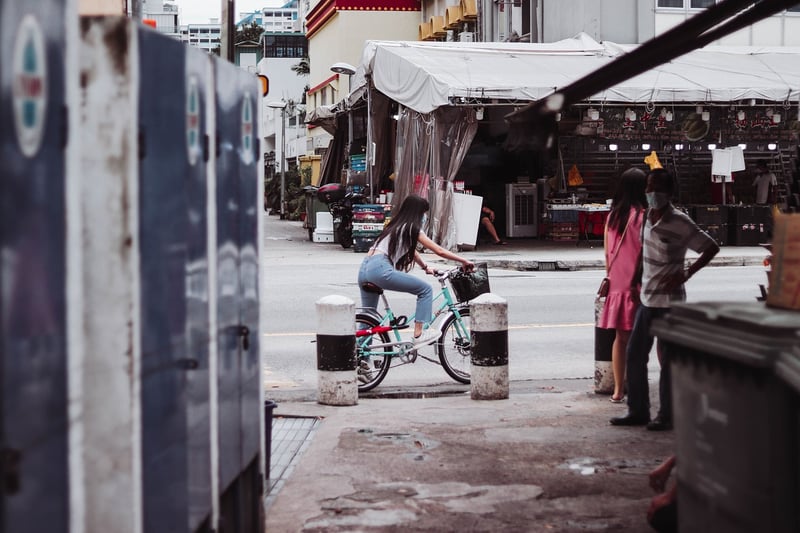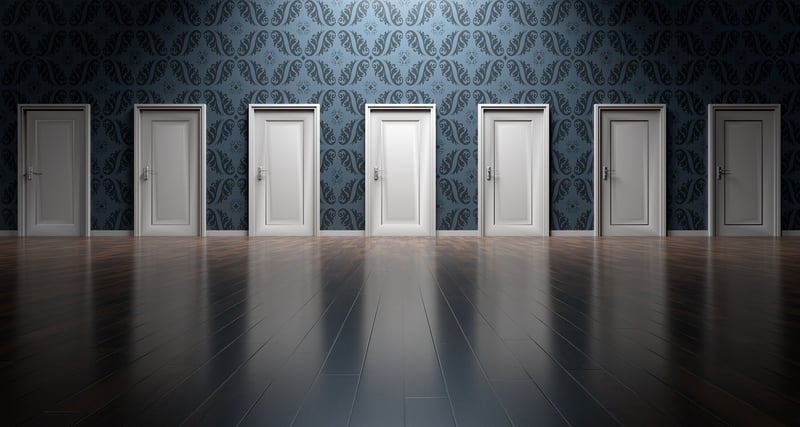Future Cities
Exploring Diverse Time Periods in Future Cities
Imagine a world where the past, present, and future collide to create dynamic and diverse urban landscapes. Future cities that blend elements from various time periods offer a unique and captivating experience for residents and visitors alike. Let's delve into the concept of exploring diverse time periods in future cities and how it shapes the cities of tomorrow.
Embracing History
One of the defining features of future cities that incorporate diverse time periods is the celebration of history. From ancient architecture to modern skyscrapers, these cities seamlessly blend the old with the new, creating a rich tapestry of cultural heritage. By preserving historical landmarks and integrating them into futuristic designs, these cities honor their past while looking towards the future.

Architectural Marvels
The architecture of future cities that span diverse time periods is nothing short of spectacular. Imagine strolling down a street lined with Victorian-style buildings, only to turn the corner and be greeted by sleek, futuristic structures inspired by sci-fi aesthetics. These architectural marvels not only showcase the evolution of design but also create a visually stunning environment for inhabitants.

Cultural Fusion
Future cities that embrace diverse time periods are melting pots of culture and creativity. Residents and visitors can experience a blend of traditions, customs, and cuisines from different eras, creating a vibrant and inclusive community. This cultural fusion not only fosters a sense of unity but also sparks innovation and collaboration across various disciplines.
Technological Advancements
While rooted in history, future cities that integrate diverse time periods are at the forefront of technological advancements. Smart infrastructure, sustainable energy solutions, and cutting-edge transportation systems coexist harmoniously with centuries-old landmarks, showcasing a harmonious blend of tradition and innovation. These cities serve as testaments to human ingenuity and progress.

Conclusion
Exploring diverse time periods in future cities offers a glimpse into a world where history, innovation, and culture converge to create truly unique urban environments. By embracing the past while looking towards the future, these cities inspire us to rethink traditional notions of urban planning and design. The melding of different time periods not only enriches the physical landscape but also nurtures creativity, diversity, and sustainability in our ever-evolving cities.
Are you ready to embark on a journey through time and space in the cities of tomorrow?
